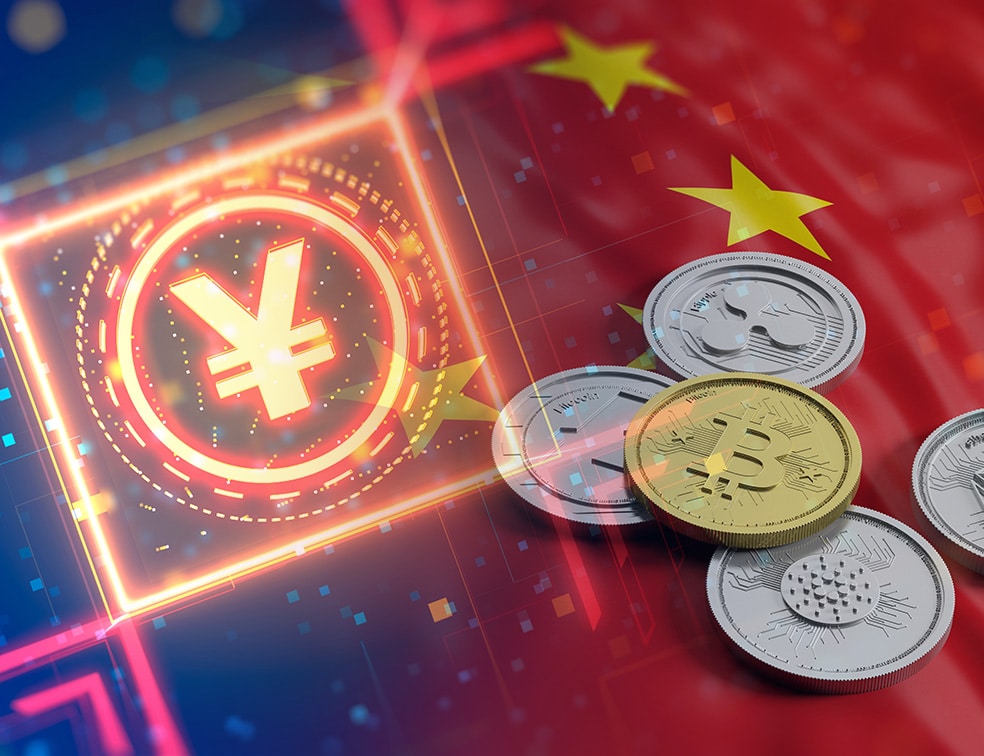The Central Bank of China is one step closer to issuing its official digital currency, which is valued at yuan. According to anonymous sources GlobalTimes, the Central Bank of China actually cooperates with private companies, has completed the development of the basic functions of the digital currency.
While developing the technical blockchain, the central bank is now drafting relevant laws to pave the way for circulation.
The development is also related to the increasing number of central banks in other countries that cut interest rates, amid economic contraction, due to the Corona virus.
The source said, China must accelerate the launch of its digital currency, because such a form of cryptographic-based money is seen as the easiest tool to translate the central bank’s zero and negative interest rates policy to commercial banks.
Alipay, a subsidiary of Alibaba, reportedly published five patents related to China’s official digital currency from January 21, 2020 to March 17, 2020.
The patent covers a few territories of computerized money, including issuance, exchange recording, advanced wallet, unknown exchange backing and help observing and taking care of unlawful records.
“Based on the licenses, the initial phase in innovation improvement has essentially been finished,” said the source.
But he noted that the next step, which involved digital currency legislation and working with banking and insurance regulators under supervision, could be longer, which creates uncertainty as to the exact date of launch.
The Global Times announced before that various privately owned businesses, for the most part situated in Shenzhen, Guangdong Province of Southern China, for example, Alibaba, Tencent, Huawei and China Merchants Bank, had taken an interest in the improvement of advanced monetary forms.
Cao Yan, Managing Director of the Digital Renaissance Foundation, said that in terms of development, it would be more efficient for the Central Bank of China to work with more experienced private institutions that are rich in blockchain technology enrichment.
Cao believes the Chinese Central Bank must accelerate the launch of its digital currency in the face of the unprecedented Corona virus pandemic.
The pandemic has prompted central banks such as the Fed, European Central Bank and Bank of Japan to cut benchmark interest rates near zero or move into negative territory.
“In the event that there is a likelihood that China is thinking about bringing financing costs down to a negative area if all else fails and coordinating the strategy towards business advances and credits, the exceptional computerized money (M0) will have the option to accomplish that.” Cao said.



